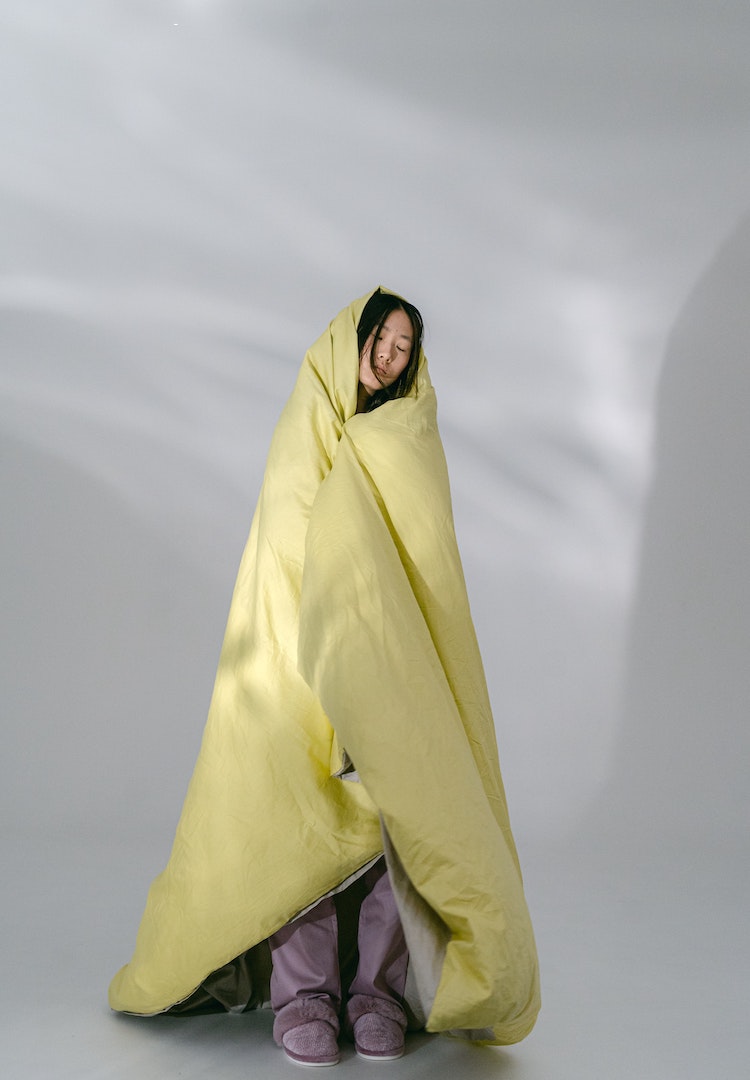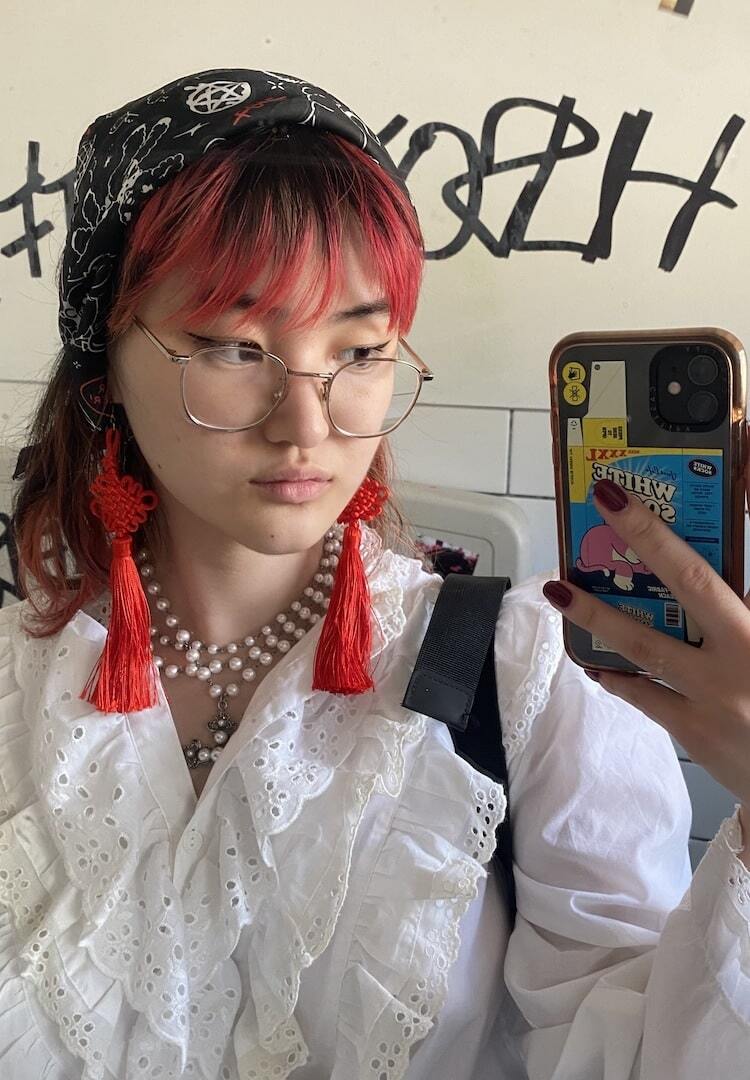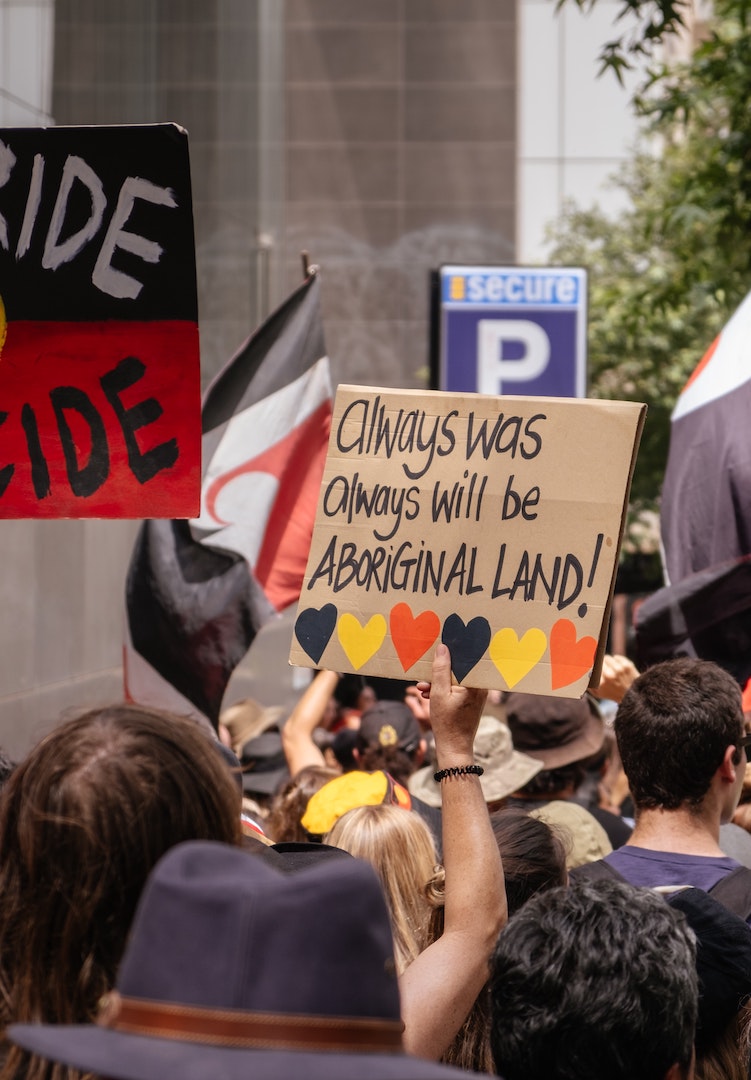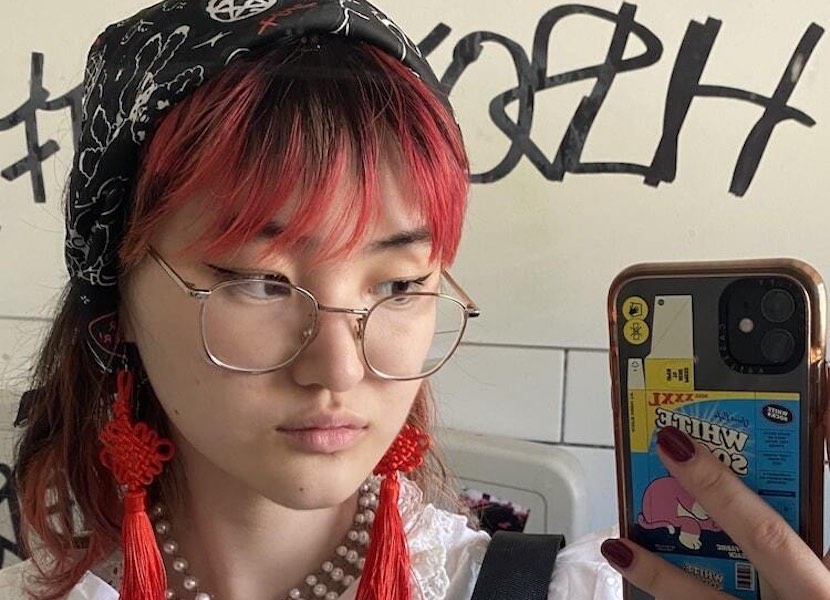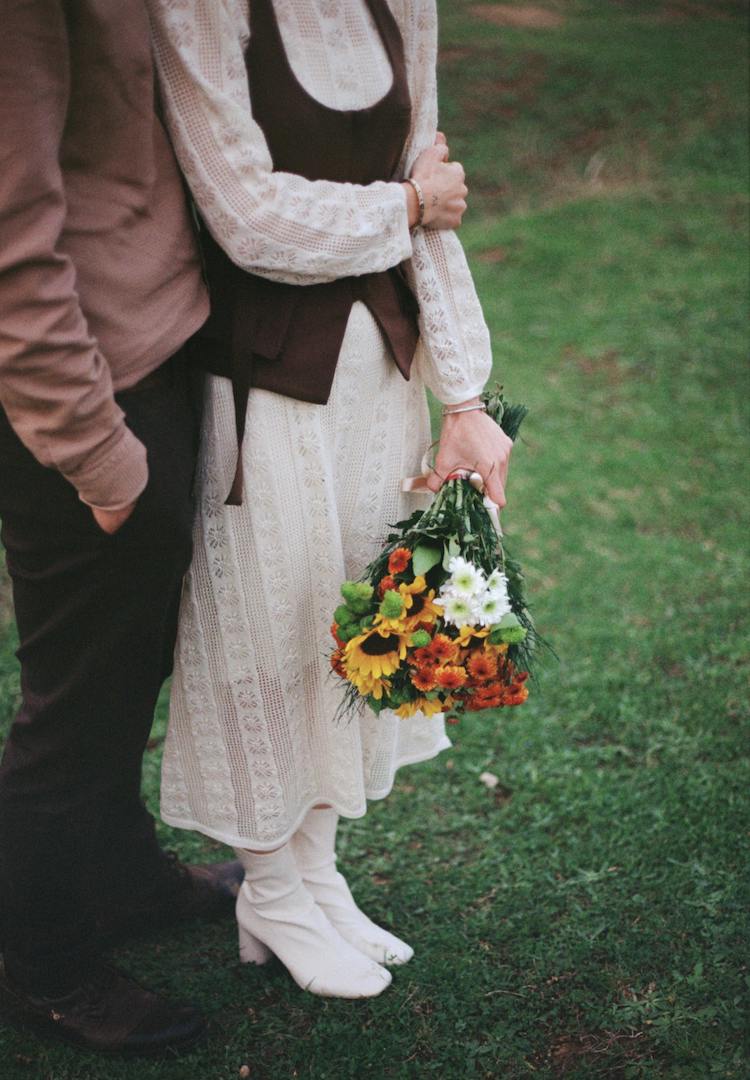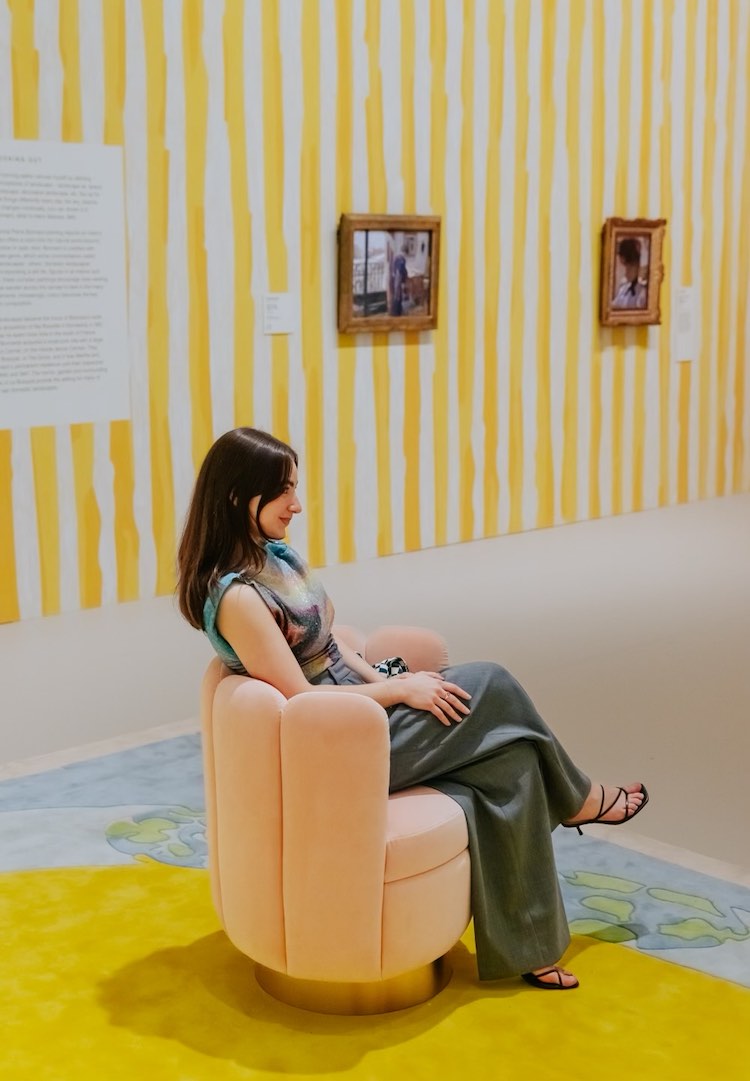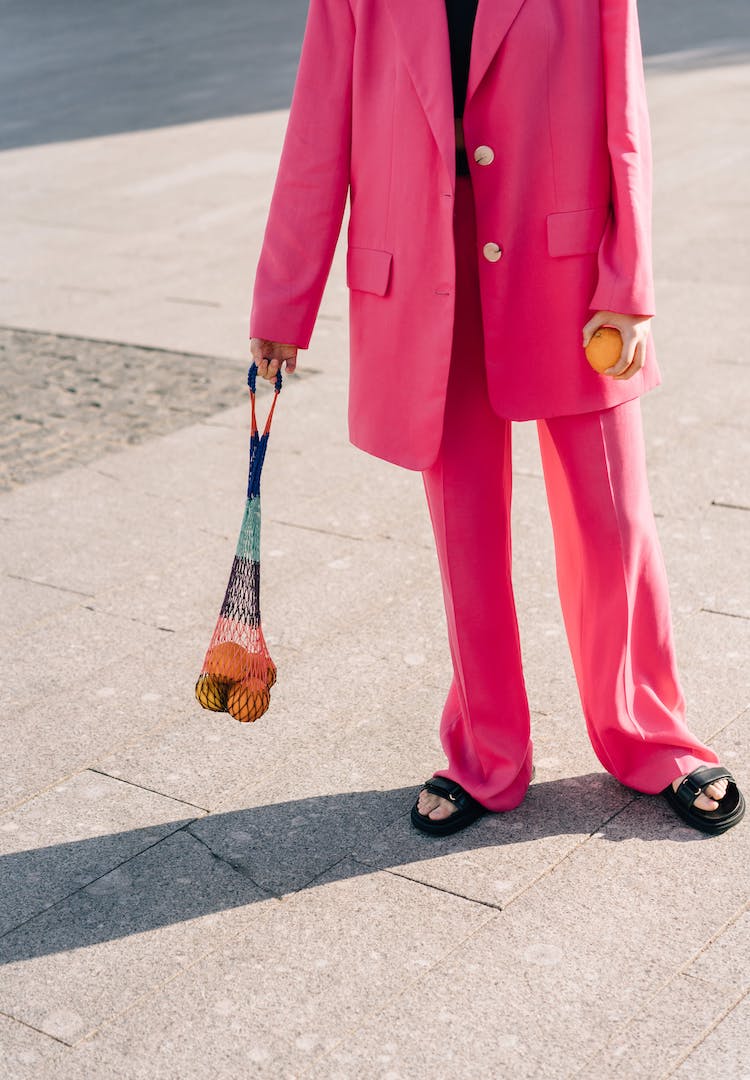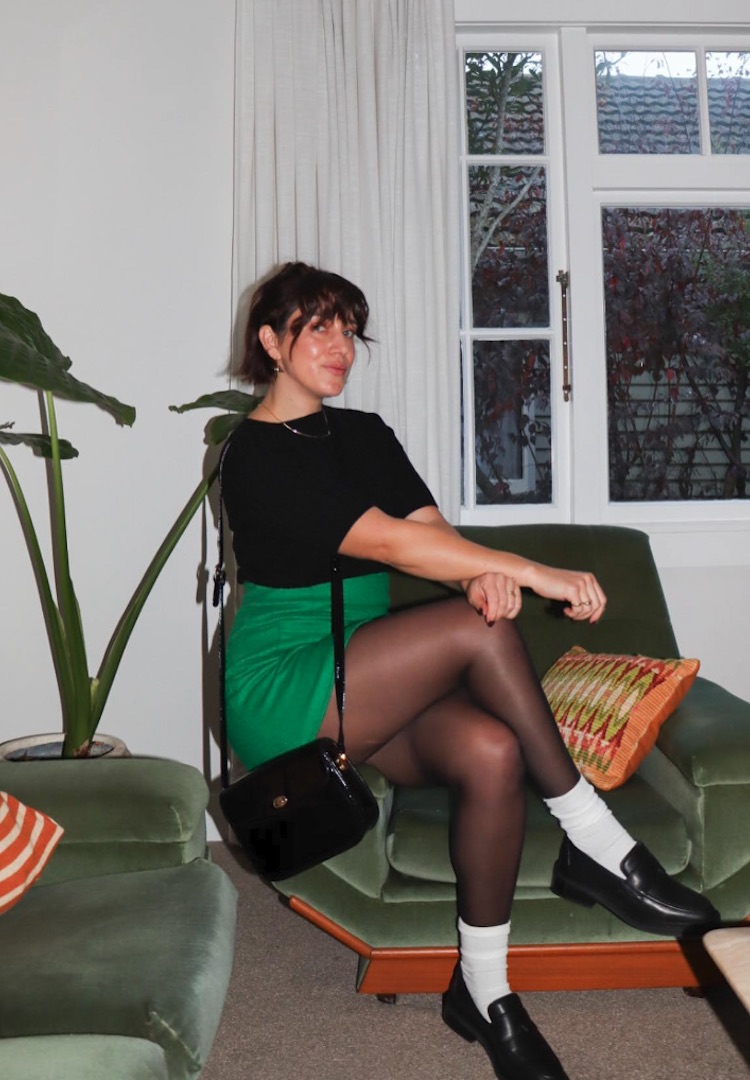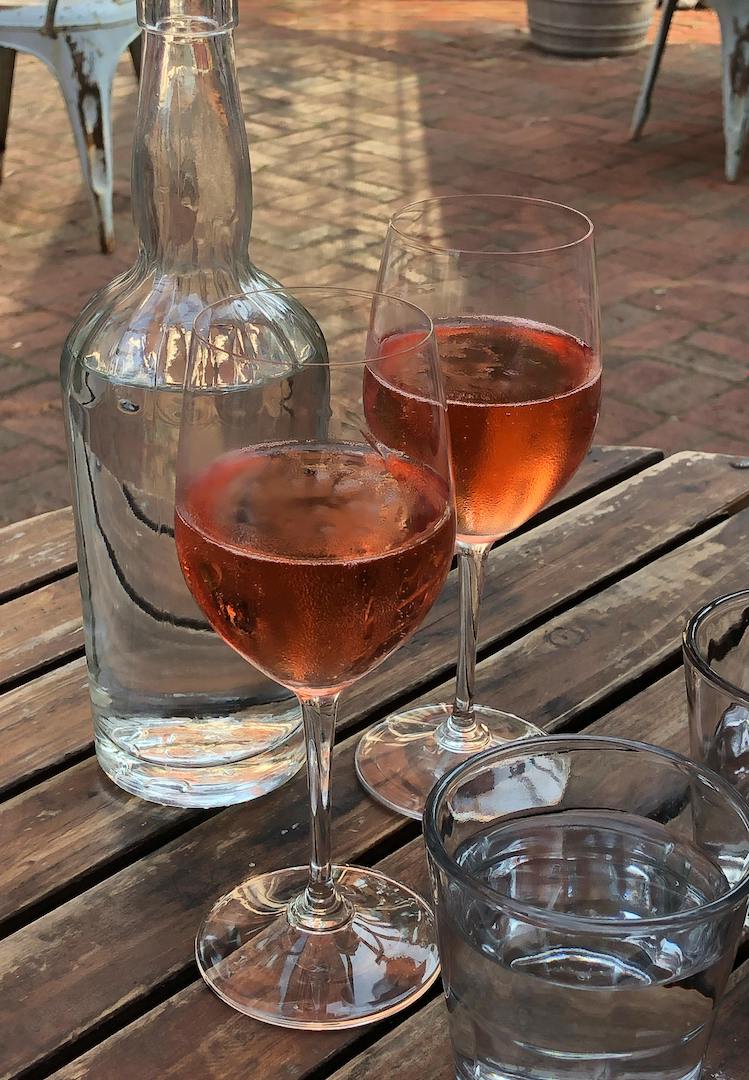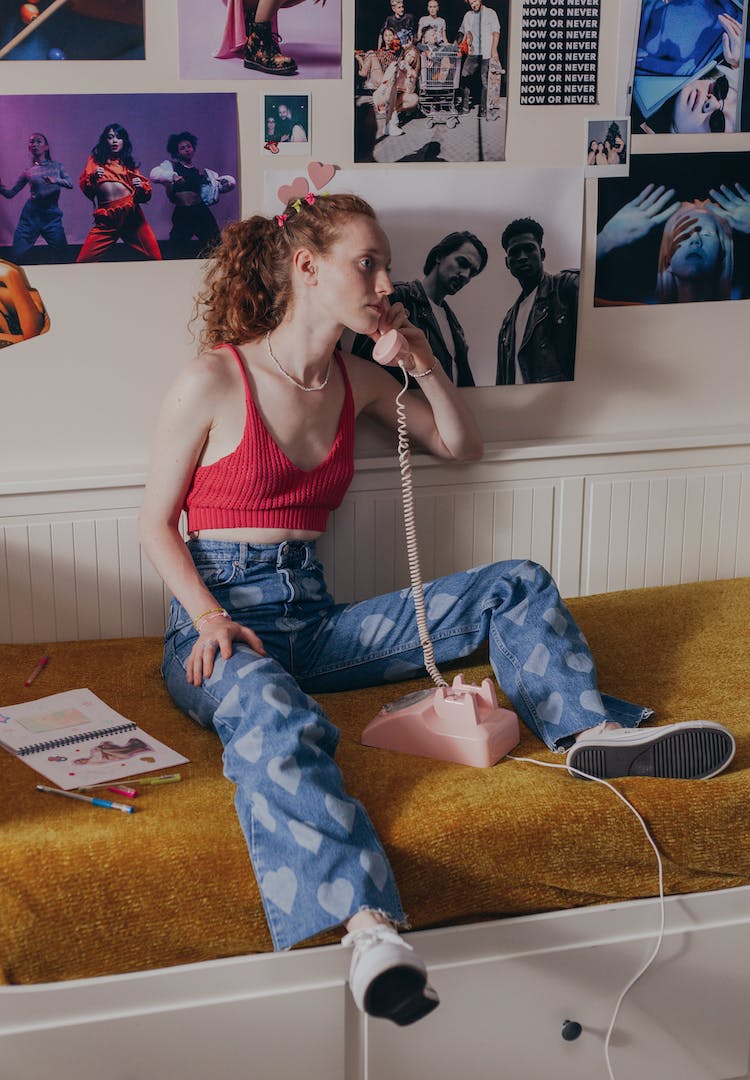As second-generation immigrants, here’s how Lunar New Year connects us to our culture
WORDS BY Jackie Zhou and Enya Roberts
“I’ve finally accepted that I’m not Australian or Chinese. I’m Australian-Chinese and I can celebrate with my diaspora in a way that allows me to honour my history while looking forward to my future.”
Growing up in a predominantly White society often makes you ashamed of your ethnic culture. It changes the way you speak, carry yourself and interact with the world. While many rise above the shame, the pandemic and the accompanying epidemic of Asian hate have made it difficult to fully enjoy even simple aspects of Asian culture.
We try to assimilate by forgoing our mother tongue and disconnecting from our own people. But by doing so, we lose that all-important connection to our culture. Something second-generation immigrants like us can do to remain connected to our past is to celebrate and honour traditional festivals in our own ways.
Interested to hear how others navigate the world? Head to our Life section.
One such festival is the Lunar New Year, a celebration in multiple cultures that falls on the first day of their lunar calendar. In East-Asian cultures, it’s a time for reflection, hope, family and friends, with abundant traditions to keep it fun. But these good times also come with their own set of challenges.
Being away from family often means a key component of what makes Lunar New Year so special is missing, and many Asian Australians must find their own unique ways to celebrate because of this. Here are the ways we navigate this loss, and the other challenges we’ve encountered along the way.
Jackie Zhou, they/them, 21, Chinese-Australian
Every Lunar New Year has been different for me. If I ever had a chance to return to my dad’s home in Shanghai, there would be prayers, fizzing sparklers, crackling fireworks and so much food. There would be drumming for dances that go well into the night, and my family would gather around the TV to watch Chunwan, a Chinese New Year special aired every New Year’s Eve that features many musical acts and comedy performances.
I’ve lost many of my formative early teenage and adulthood years to depression (which gets so much worse during times of communal reflection). The Melbourne lockdowns only exacerbated these struggles. Recovering from these emotional rollercoasters can often leave me feeling like there’s no point joining in on the New Year’s festivities – however, Lunar New Year has always felt so special. It’s something for my diaspora that can be shared with a community I’ve sometimes actively disengaged from.
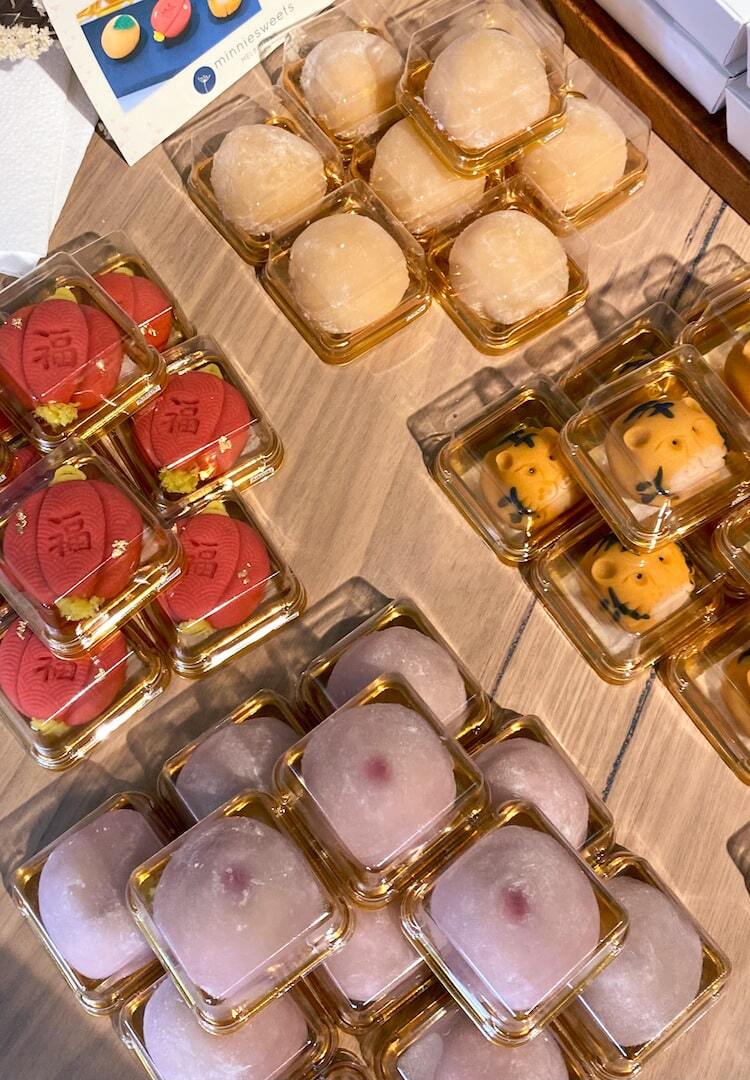
This year, I had lunch with a select group of family members. The sheer amount of effort and love that goes into preparing for New Year’s celebrations often makes me reflect on the mental load and under-recognised donation of time, energy and resources, mostly by women, that goes into family events like this. I try to help my mother where I can (and where she lets me).
I then drove to my partner’s grandmother’s house with them. It was a long drive, but I was committed to meeting their family for the first time during the celebrations. I felt like it symbolised a new chapter in our relationship, one where we made it known to our loved ones that our lives are independent but shared.
Later that night, my partner and I went to Palette, a Korean restaurant, to wind down and have some time (and cake) to ourselves. My community places great importance on group celebrations and as an introvert, it can be difficult to preserve my social battery during this period. Laughing about silly baby names and having some amazing desserts and drinks to end the celebrations with made me feel closer to them and definitely helped recharge my brain.
Lunar New Year helps me to reconnect with my Chinese heritage while celebrating it in my own way. I have spent so much of my life trying to be entirely Australian yet hating myself for not being entirely Chinese. I carried a lot of shame around not trying hard enough to be ‘more Chinese’ but I’ve finally accepted that I’m not Australian or Chinese. I’m Australian-Chinese and I can celebrate with my diaspora in a way that allows me to honour my history while looking forward to my future in my home country.
Enya Roberts, she/her, 21, Taiwanese-Australian
Growing up, Lunar New Year was always a family event. We’d spend the entire day cooking dumplings for the night’s feast. Sometimes, we’d attend a community event at the local church. These events were filled with international students from the local university, recreating celebrations from their home country through amateur lion dances and a lot of food.
But two years ago, I moved to Melbourne for university. My hometown is now a ten-hour drive away, and it’s not practical to go back just for a couple of days on the Lunar New Year, so I’ve had to figure out my own ways to celebrate.
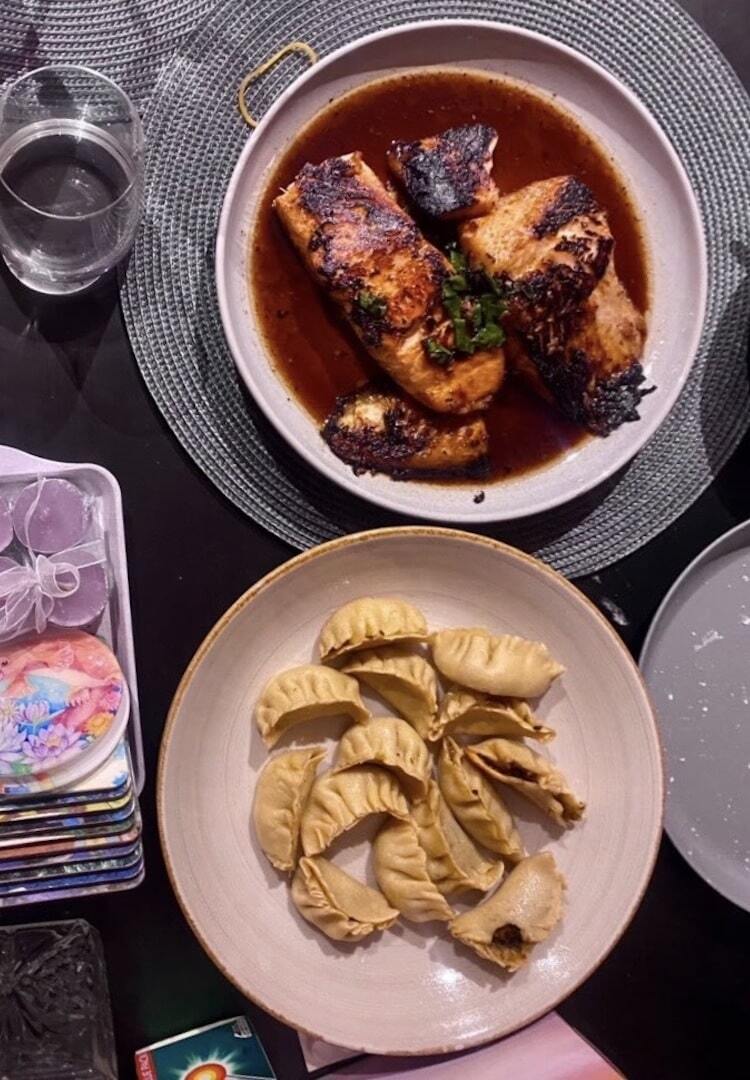
The first year, I invited over a couple of people who hadn’t celebrated it before. I was still busy moving at the time, so I bought frozen dumplings, cong you bing and smoked salmon from the store, and we cooked it up for dinner. The next day we went into the city and failed to find a lion dance but had a wonderful lunch. I felt off the entire time.
While it was still a lovely occasion, there was a big difference. Sharing my culture with newcomers had made me a guide, so I’d connected with it slightly but it felt forced. I had to connect to introduce other people, but that meant that I couldn’t fully enjoy the holiday in a carefree way. It was missing that community spirit, that feeling of solidarity that comes from being in a space where it’s safe to celebrate.
I’ve since gained a lot of new friends here. This year, they made a big effort to come over for dinner, despite most of them having no cultural connection to the Lunar New Year. Lots of them showed up in red, which brought me a surprising amount of comfort – it’s a colour I associate with home and safety. It was something so small, but it put me in the right headspace to celebrate.
I made an effort to handmake all the food from scratch this year. I made cong you bing and marinated fish ahead of time, only cooking it once everyone arrived. I taught my partner and a friend how to roll out dumpling wrappers before we all sat down to pleat three plates of dumplings. When everyone else arrived, we cooked for over an hour and the whole time I was kept company and supported by chats and help around the kitchen.
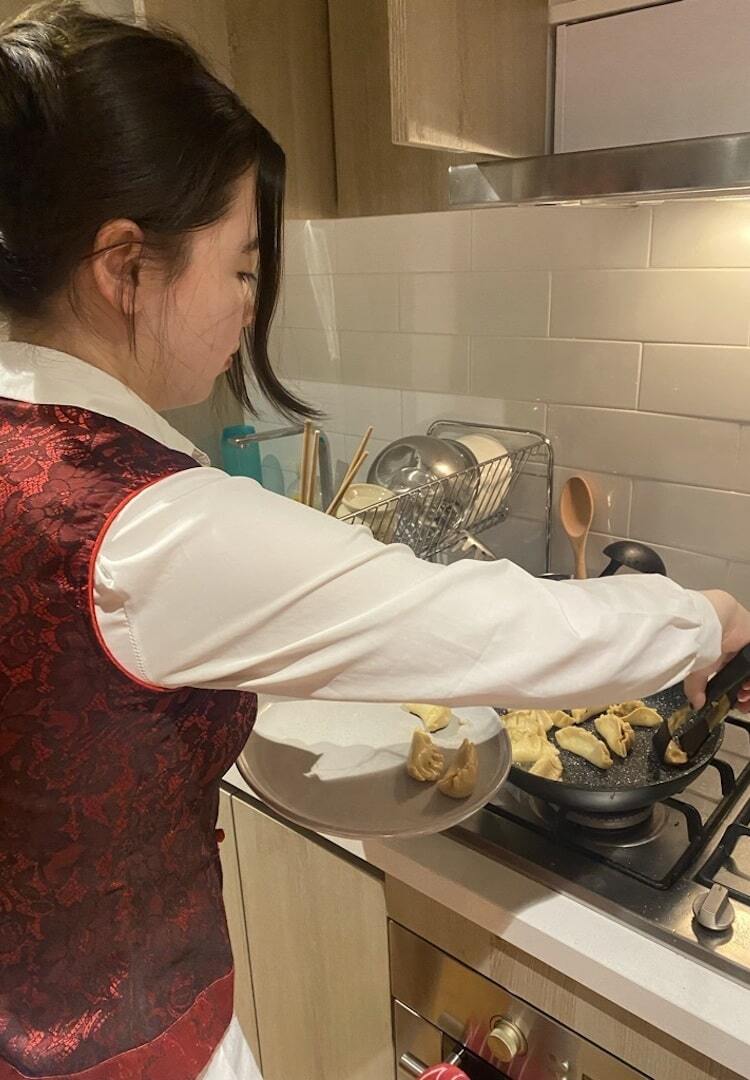
I quickly realised why cooking together was such an important part of the Lunar New Year. It’s a long ordeal where you must communicate since many of the dishes require help – doing it by yourself takes far too long. Community spirit is basically guaranteed, with everyone helping to lessen the load.
After dinner, we lit sparklers and stayed up until 4.30am. I told my friends about the stories behind some of my culture’s traditions and was listened to respectfully. And while I didn’t get to partake in every tradition, I was still able to feel that connection to my culture again. This year’s celebration brought back the most important element of the Lunar New Year for me – an element that had been missing for a while with the stress of coronavirus and the displacement of moving cities. I felt connected to myself and my community and supported for whatever the New Year might bring.
For more on Year of the Rabbit traditions, head here.

